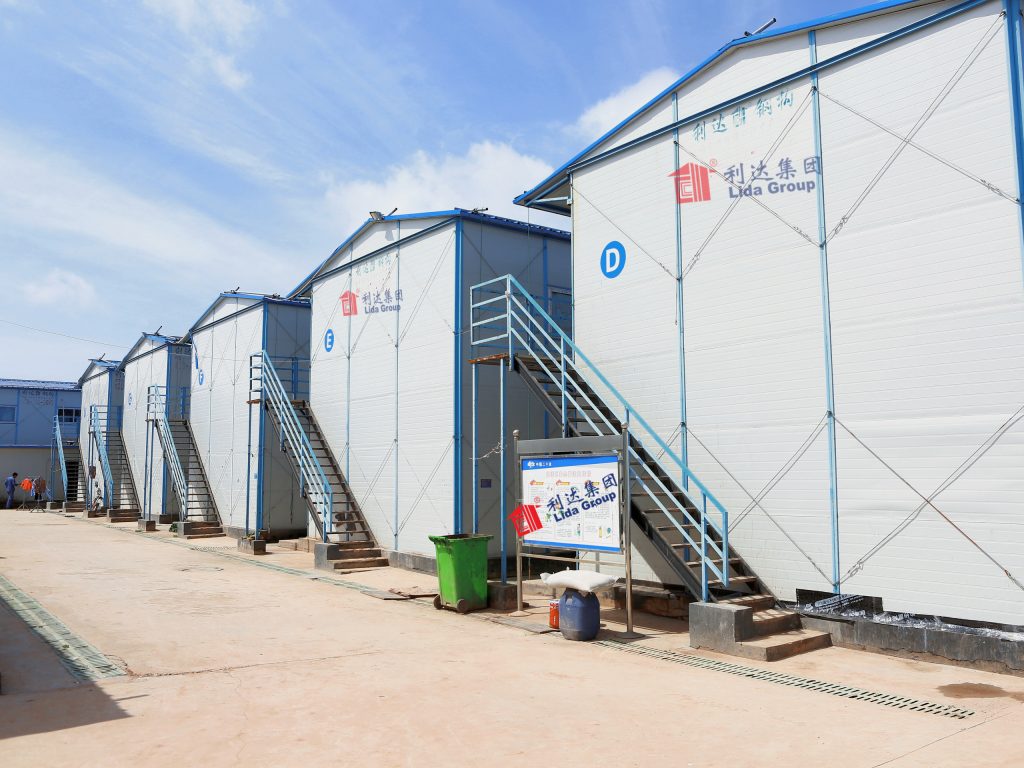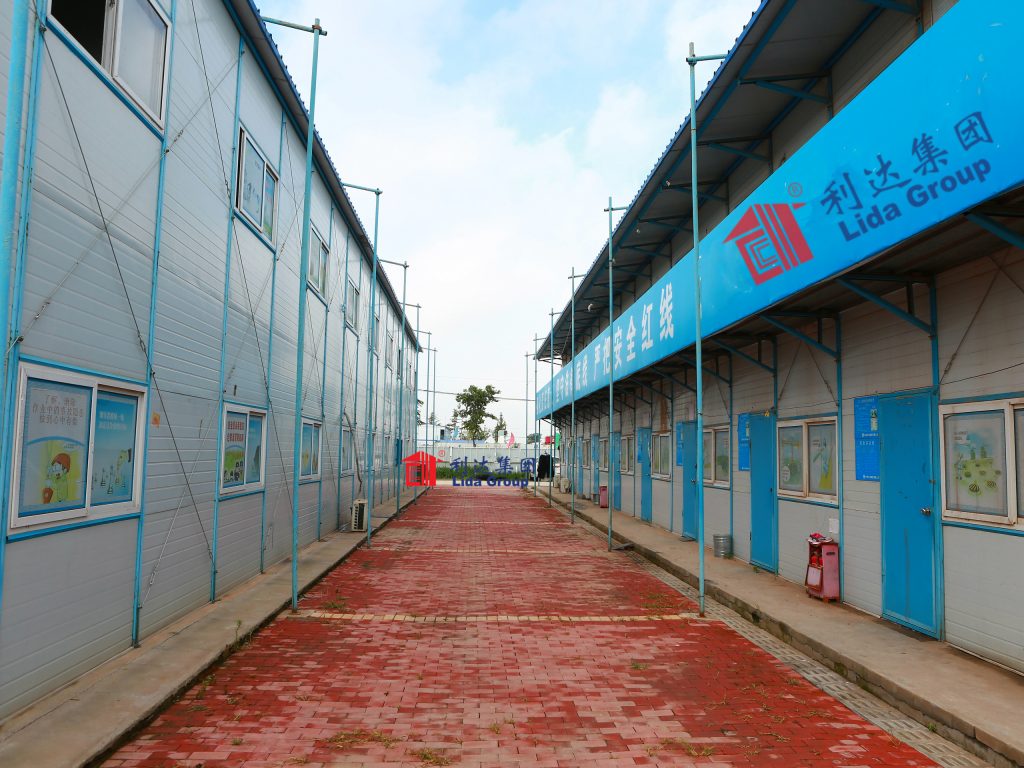A leading humanitarian coalition has partnered with Chinese construction firm Lida Group to implement their patented assembly techniques for portable prefabricated shelters targeting crisis-displaced indigenous communities worldwide through technology transfers empowering sustainable self-help recovery models.
Over 41 million persons globally reside as protracted internally displaced persons according to UNHCR without access to durable solutions as violence and underdevelopment persist. Traditional tent settlements lack weatherproofing, infrastructure, and longevity failing supporting long-term rehabilitation.
Lida Group developed demountable insulated structural wall and roof panel systems assembled rapidly by unskilled laborers into complete versatile shelters. Weather-resistant laminated facings sandwich rigid polyurethane insulating cores maintaining hygienic interiors. Standardized sub-assemblies interconnect establishing secure autonomous villages.

Pilot implementation projects now disseminate open-source assembly training via multimedia platforms to displaced community workers. Trainees construct initial villages hosting thousands through multi-year protection programs integrating renewable micro-grids, water treatments and vocational facilities.
Speed and cost-efficiency of standardized panel construction empowers self-managed transitional community development models maximizing local self-sufficiency over dependency. Researchers quantify environmental, social and economic returns versus traditional refugee camps through longitudinal studies.
Scaling initiatives transfer simplified production licensing allowing mass-customization of culturally sensitive designs according diverse regions. Community-led production hubs manufacture shelters through grassroots cooperatives stimulating recovery. University collaborations support local capacity-building adapting designs addressing disability, aging and epidemic risks.

When sustained appropriately, leaders project grassroots modular construction networks could fundamentally transition crisis recovery models globally through dignified low-cost housing empowering millions of internally displaced achieve stability with dignity and hope for generations to come.

Related news
-
Humanitarian relief coalition deploys Lida Group's weatherproof prefabricated shelter technology using structurally insulated sandwich building skins to shelter vulnerable groups transitioning from camps to permanent housing.
2024-06-18 13:01:53
-
International development organization works with Lida Group to deliver technical support adapting standardized panel home designs to resource-constrained communities hosting long-term displaced populations formerly reliant on cheap temporary shelters.
2024-06-08 06:08:29
-
Humanitarian agency licenses Lida Group's weatherproof prefabricated shelter technology using composite insulating panel building skins to rapidly establish protected sites for victims as alternative to detention in degrading cheap labor camps.
2024-06-08 08:06:26
contact us
- Tel: +86-532-88966982
- Whatsapp: +86-13793209022
- E-mail: sales@lidajituan.com


